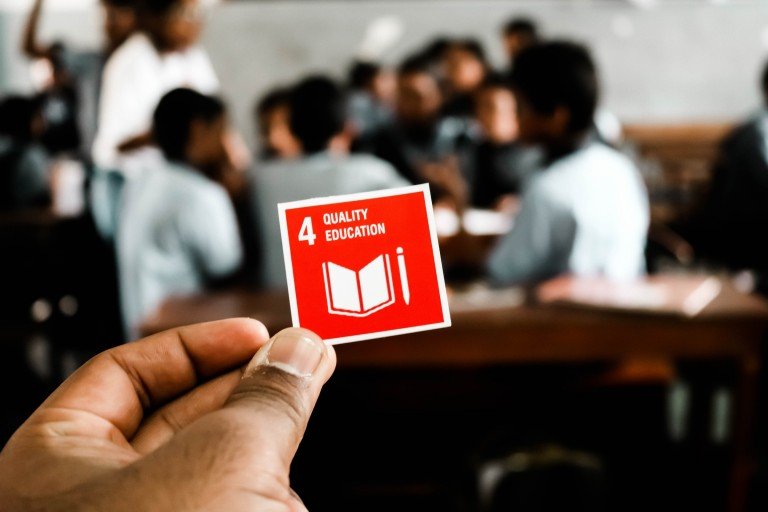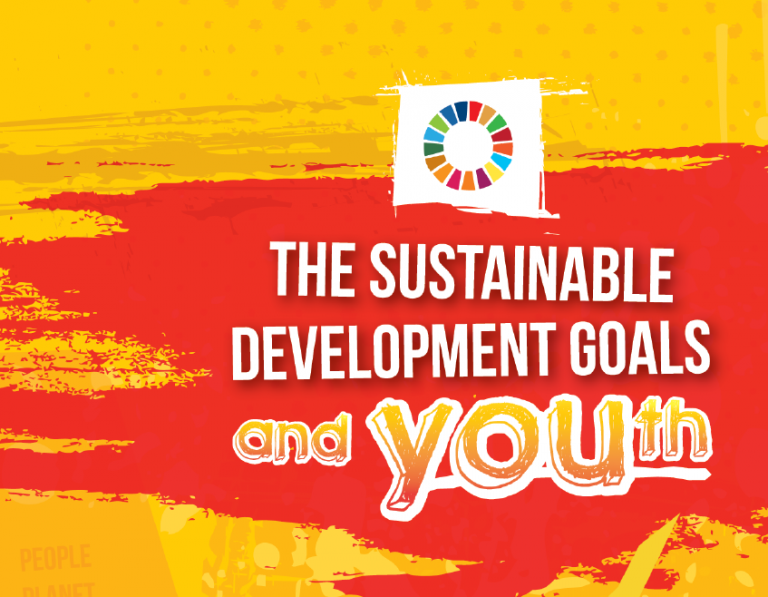How does Social Entrepreneurship relate with Sustainable Development Goals?
Social entrepreneurship is the process by which individuals, startups and entrepreneurs develop and fund solutions that directly address social issues. Organizations that are active in the social economy sector are sometimes confused with non-profit organizations, but in fact they are not profit-driven but focus on creating social or environmental changes.
In this context, the key parameters of social entrepreneurship are social benefit, democratic and transparent governance, fair economic relations and structures, and all this, implemented with credibility, promoting social contribution and collective action.
The Sustainable Development Goals (SDGs), also known as the Global Goals, were adopted by the United Nations in 2015 as a universal call to action to end poverty, protect the planet, and ensure that by 2030 all people enjoy peace and prosperity. The 17 SDGs are linked – meaning that action in one area affects outcomes in others, in most practices economic development must balance social, economic and environmental sustainability.
While the SDGs are horizontal, several specific SDGs relate directly to social issues:
- SDG 1: Zero poverty – End all forms of poverty, everywhere.
- SDG 3: Good health and well-being – Ensure a life of health and well-being promote well-being for all, at all ages.
- SDG 4: Quality education – Ensure free, equal and equitable access to quality education for all, for all free, free and free education by promoting opportunities for lifelong learning.
- SDG 5: Gender equality – Achieve gender equality and gender equality and empowerment of all women and girls.
- SDG 10: Fewer inequalities within and between countries

Social Economy organisations’ activities are making visible the impact of their ideas in diverse areas. Social Economy complements countries direct actions to provide quality social services in a cost-effective way. It also complements their efforts to integrate young people and disadvantaged groups into the labour market and society at large and contributes to the diversity of corporate forms, increasing citizens’ and consumers’ choices and the quality of products/services. At the same time, Social Economy’s approaches contribute to the green and digital transition by providing sustainable goods and services, bridging the digital divide and facilitating the green transition.
These organizations contribute to the realisation of the Sustainable Development Goals (SDGs) of the UN at national and European level, as their activities fight poverty, lead to sustainable cities and communities, responsible production and consumption and sustainable development financing initiatives, while securing sustainable planet for generations to come.
Original article available on Revitalese.eu website.












